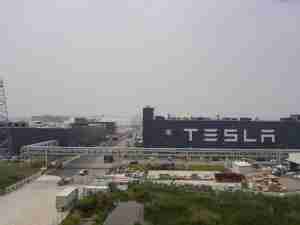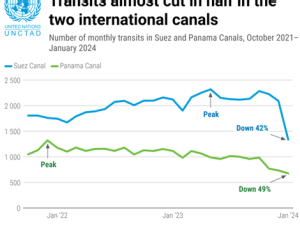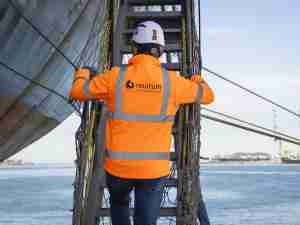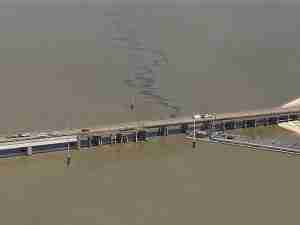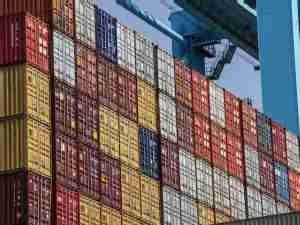Starting January 15th, Port of Antwerp-Bruges will implement a mandatory Certified Pick up system for accessing, handling, and releasing import containers in Antwerp. The current system using pin codes will no longer be accepted. This new digital platform enables safe, transparent and more efficient import container transport.
To guarantee a smooth transition, all affected parties, including but not limited to shipping companies, shipping agents, container terminals, forwarding and logistics companies, inland shipping operators, railway operators, and trucking companies, are required to register for Certified Pick up. Starting January 15th, containers leaving the Antwerp port via inland shipping, rail, or trucks will only be released through the new Certified Pick up platform, utilizing the personal identification data of operators and after verification by customs. It is therefore crucial that all affected parties register before January 15th, as the current system of pin codes will no longer be accepted for the release of containers as of that date.
Certified Pick up is a product of NxtPort, responsible for advancing the digitalization of processes within the port community. NxtPort operates as a subsidiary of Port of Antwerp-Bruges.
Why Certified Pick up?
William Demoor, Chief Customer Relations Officer at Port of Antwerp-Bruges: “Certified Pick up is a game-changer for us, enhancing transparency, security, and efficiency in container handling. The system brings transparency by providing real-time insights into the container's status, fostering operational efficiency across our entire supply chain.”
“Moreover, Certified Pick up introduces a higher level of security by replacing traditional pin codes with identity verification. The system also streamlines administrative procedures, creating a safer work environment and reducing turnaround times for imported containers.”
The new Certified Pick up system will be initially rolled out in the deep-sea terminals in Antwerp, including DP World (K1700), MPET, PSA 869, and PSA 913. All other terminals are expected to go live shortly after this initial phase. Container terminals in Zeebrugge will not be affected during this first implementation stage.
